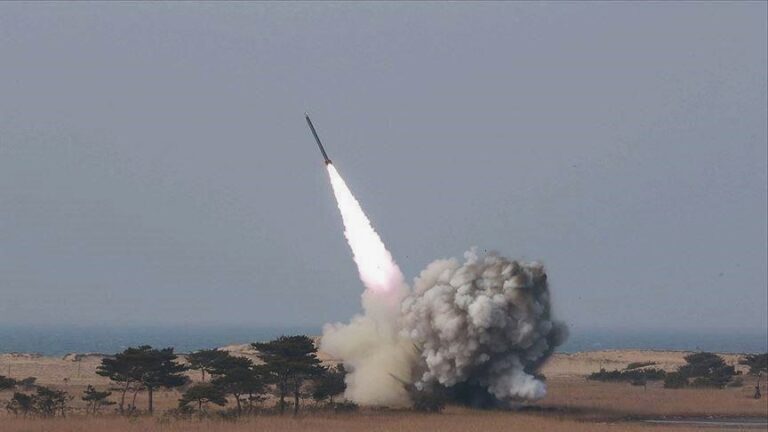
In a significant policy reversal, the Trump administration has officially excluded smartphones, computers, and a broad range of tech components from its latest wave of import tariffs—many of which were aimed directly at Chinese goods. The exemption, made public by U.S. Customs and Border Protection, applies retroactively to shipments arriving after April 5, 2025.
Initially, the administration had proposed aggressive tariffs—reaching up to 145% for certain electronics from China—as part of its ongoing trade strategy. A global baseline tariff of 10% was also slated for various tech items regardless of their country of origin. However, the sudden policy shift came after mounting pressure from some of the country’s top technology firms.
Major players like Apple, Nvidia, Dell, and Hewlett Packard Enterprise strongly opposed the tariffs, warning that the added costs would ultimately land on American consumers. Analysts had projected that retail prices for top-tier smartphones, including the iPhone, could skyrocket by as much as 79% under the original tariff structure.
Thanks to the exemption, the following categories are no longer subject to the increased import duties:
- Mobile phones and smartphones
- Laptop and desktop computers
- Semiconductor memory and processing chips
- Servers and data center components
- Graphics cards and GPUs
- Telecom and networking gear
Although this marks a tactical retreat on tech-related tariffs, officials made it clear that the broader trade dispute with China remains unresolved. Beijing has already introduced retaliatory measures, targeting U.S.-made semiconductor chips while sparing those from Taiwan and South Korea, a calculated move to avoid collateral damage in the global chip supply chain.
Despite the carve-out for electronics, the administration insists it is still focused on reshoring American manufacturing. Policymakers are reportedly preparing incentive packages to entice tech companies to relocate production and assembly operations to U.S. soil in the long term.
Industry insiders see this latest decision as a win for consumer electronics—but also a signal that other sectors may now seek their own exemptions. Automakers, medical device manufacturers, and consumer goods producers are among those likely to ramp up lobbying efforts in hopes of dodging future tariffs.



